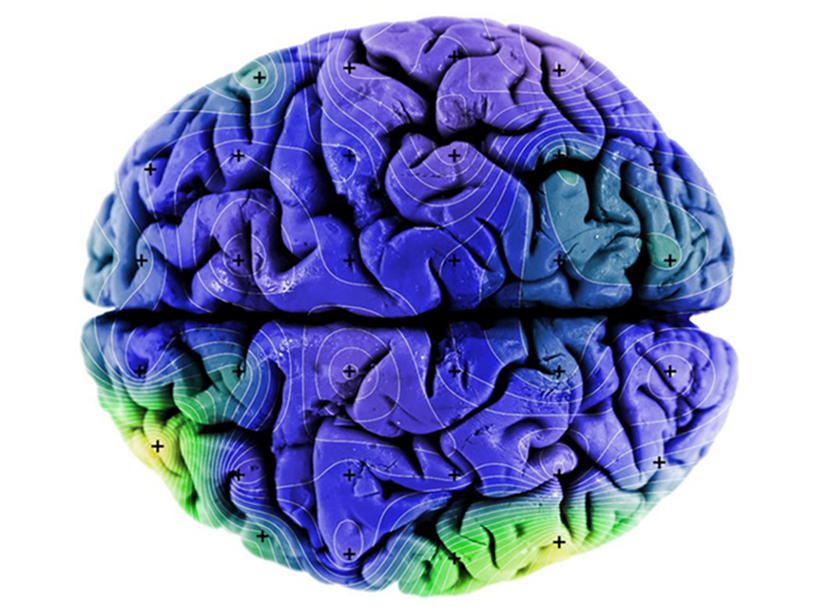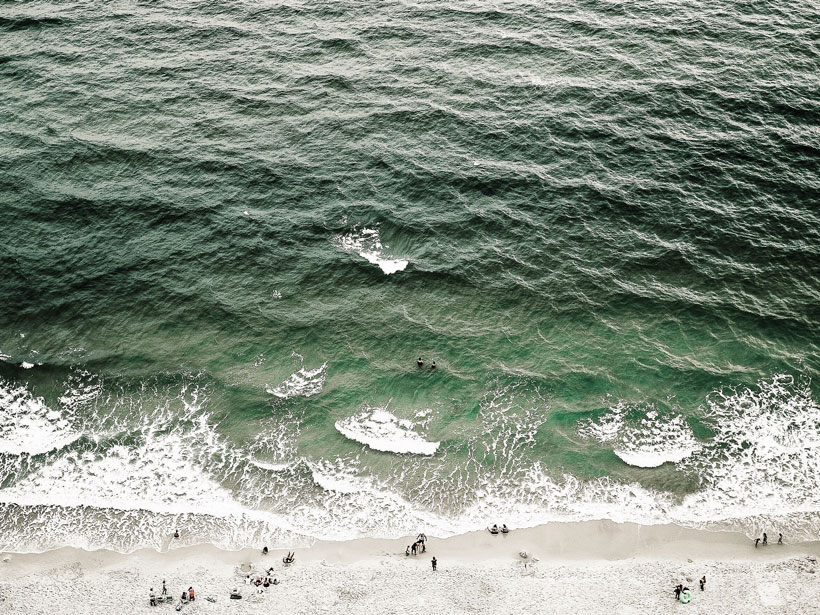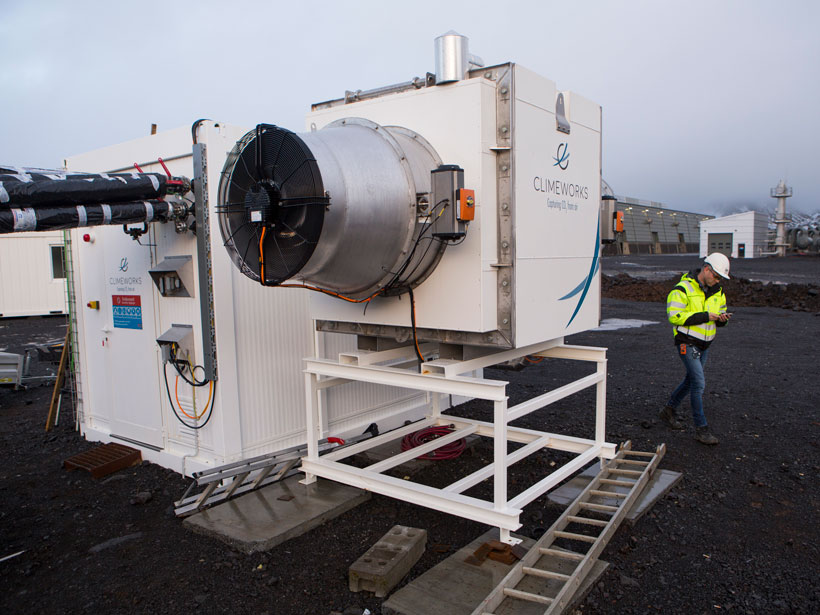Scientists shouldn’t have to apologize for being advocates “for a fact-based, objective discourse over what is arguably the greatest threat that we face as a civilization.”
News
Human Brains Have Tiny Bits of Magnetic Material
Here’s the first map of the magnetic mineral magnetite in the human brain. Turns out that our brain stem may be full of it.
Keeping Indigenous Science Knowledge out of a Colonial Mold
A new working model could help scientists design and facilitate research that adheres to both scientific and cultural ethics standards when working with indigenous knowledge about climate and the environment.
Ocean Science Decade Calls Attention to a Wave of Concerns
The United Nations Decade of Ocean Science for Sustainable Development is a wake-up call and a motivation to manage the ocean sustainably.
Drugs in Our Water Can Leave Even More Toxic By-Products
The chemicals in our pharmaceuticals and personal care products quickly transform into different compounds when they enter the environment. Their toxic effects are relatively unknown.
A New Source of Sea Level Rise from Greenland: Ice Slabs
Runoff from the Greenland ice sheet’s high elevations could double by 2100, thanks to solid layers of ice hiding just beneath the surface.
A Dirty Truth: Humans Began Accelerating Soil Erosion 4,000 Years Ago
Recent research combining analysis of carbon dating, sediment accumulation rates, and pollen records from 632 lake beds worldwide finds deforestation tied to increased soil erosion.
Direct Air Capture Offers Some Promise in Reducing Emissions
The method offers potential in helping reduce carbon dioxide in the atmosphere but faces technological and economic hurdles.
Momentum Grows for Mapping the Seafloor
Initiatives like the Nippon Foundation-GEBCO Seabed 2030 Project can help us better understand the ocean.
Scientists Explore How Best to Communicate About Climate Change
An AGU Fall Meeting session focuses on communicating with appropriate urgency about climate change.










